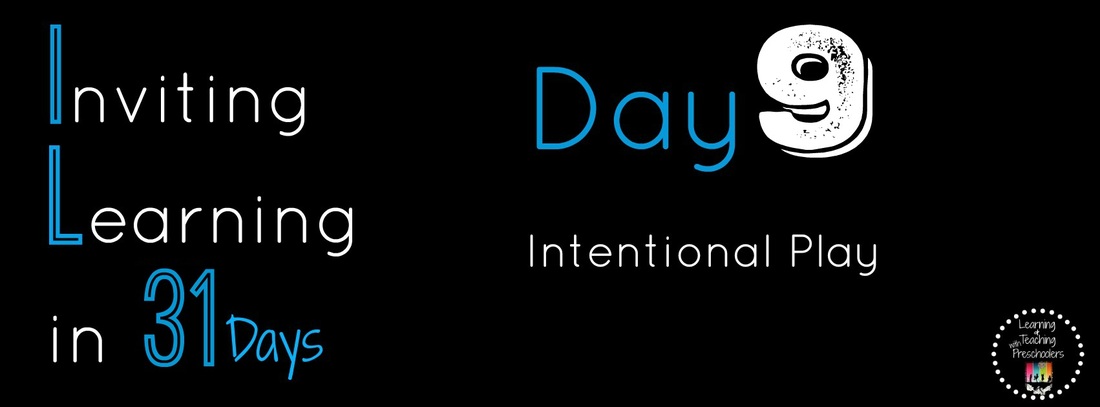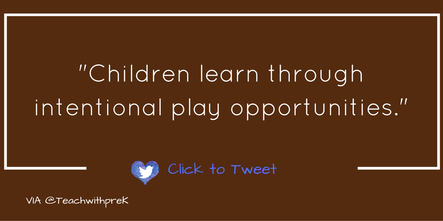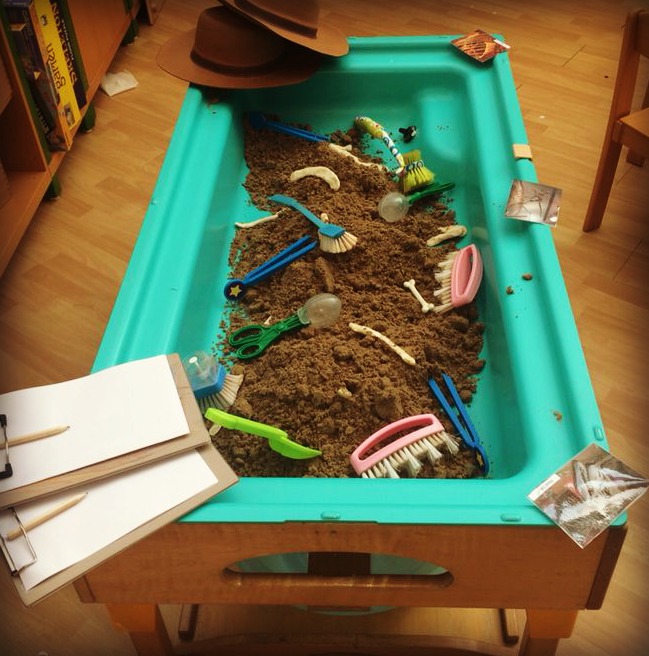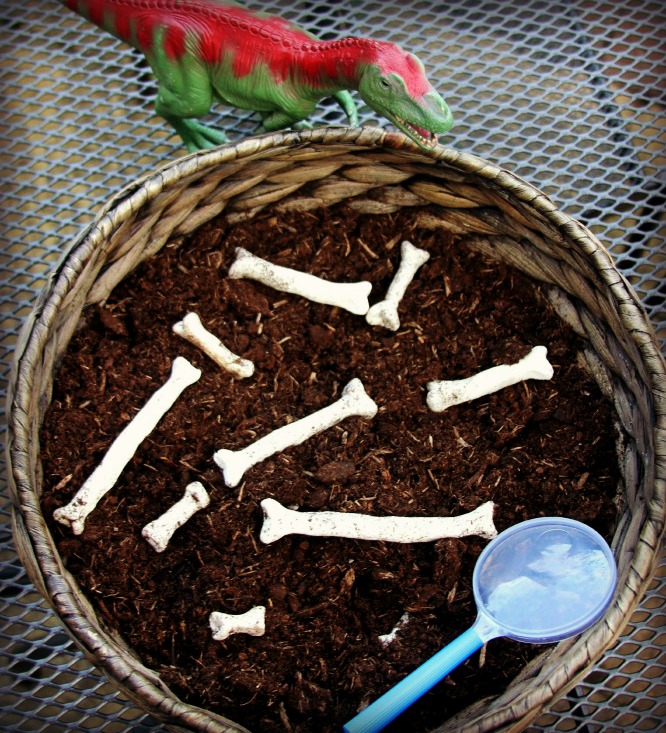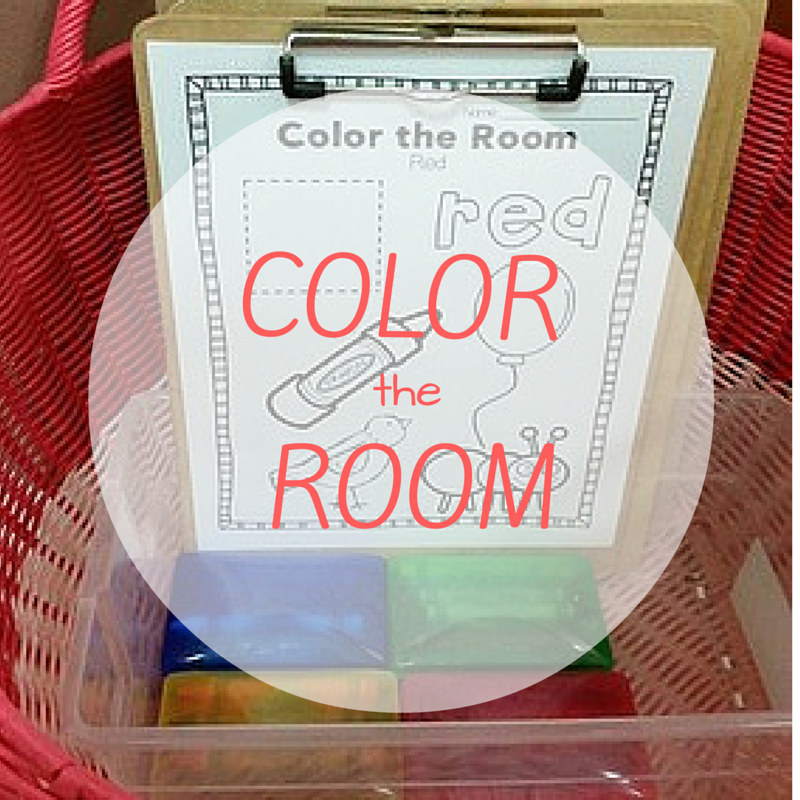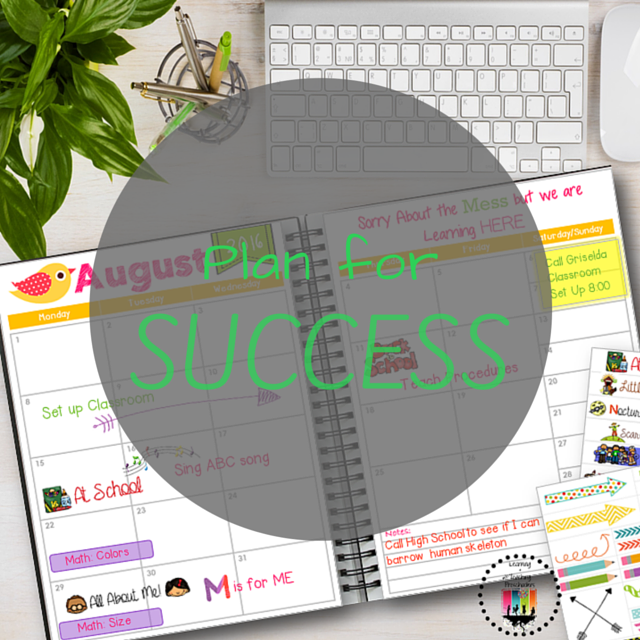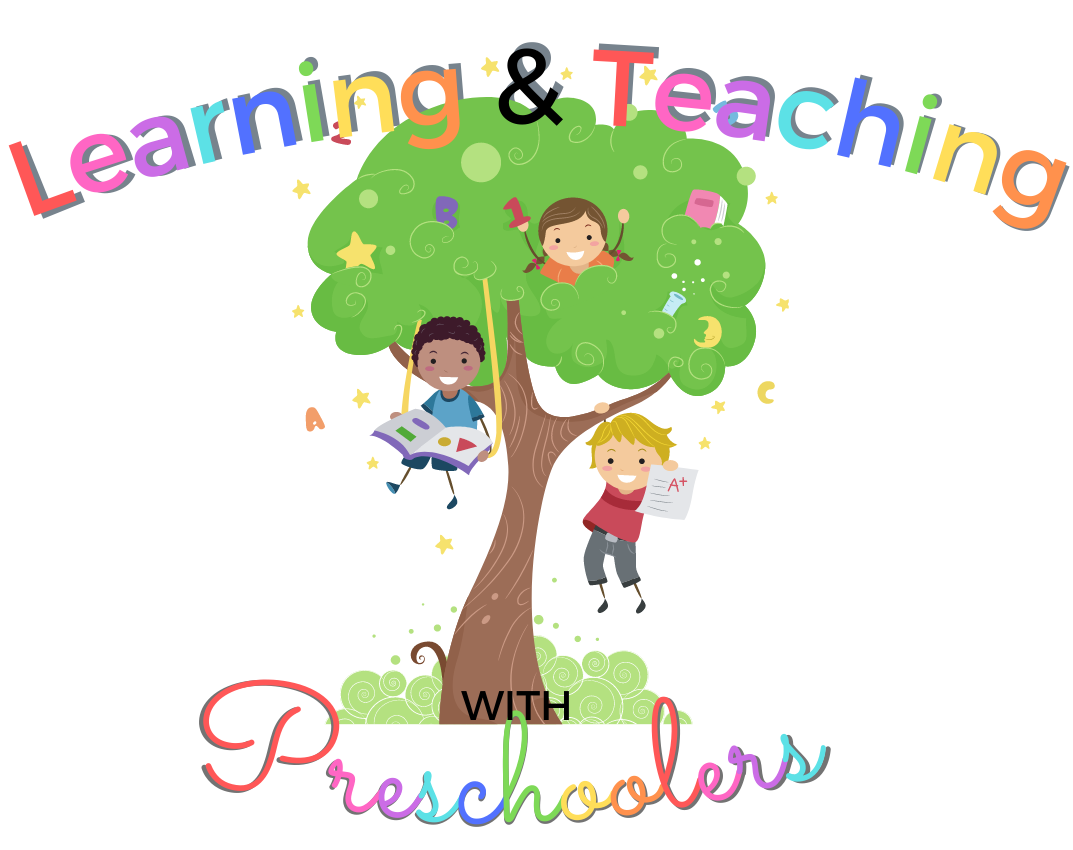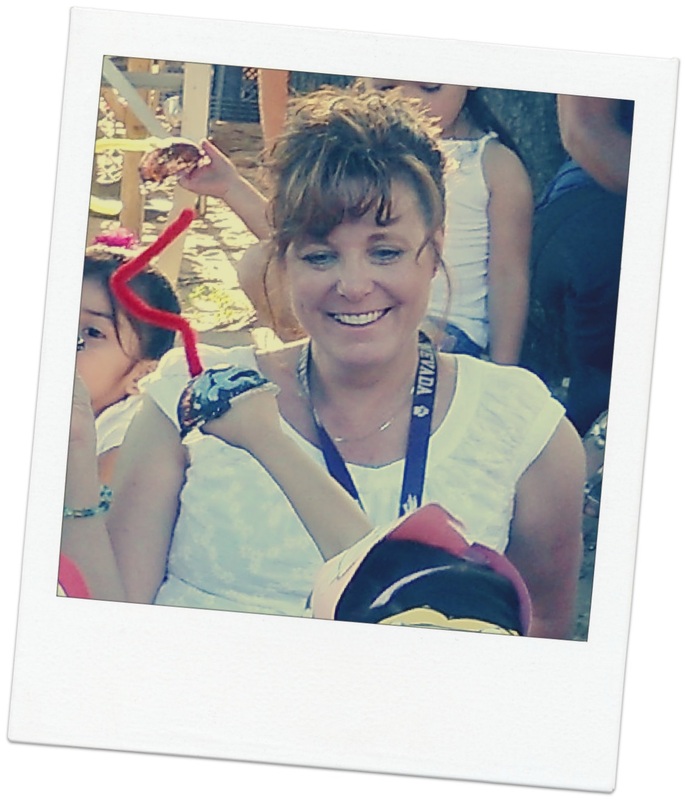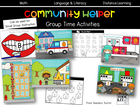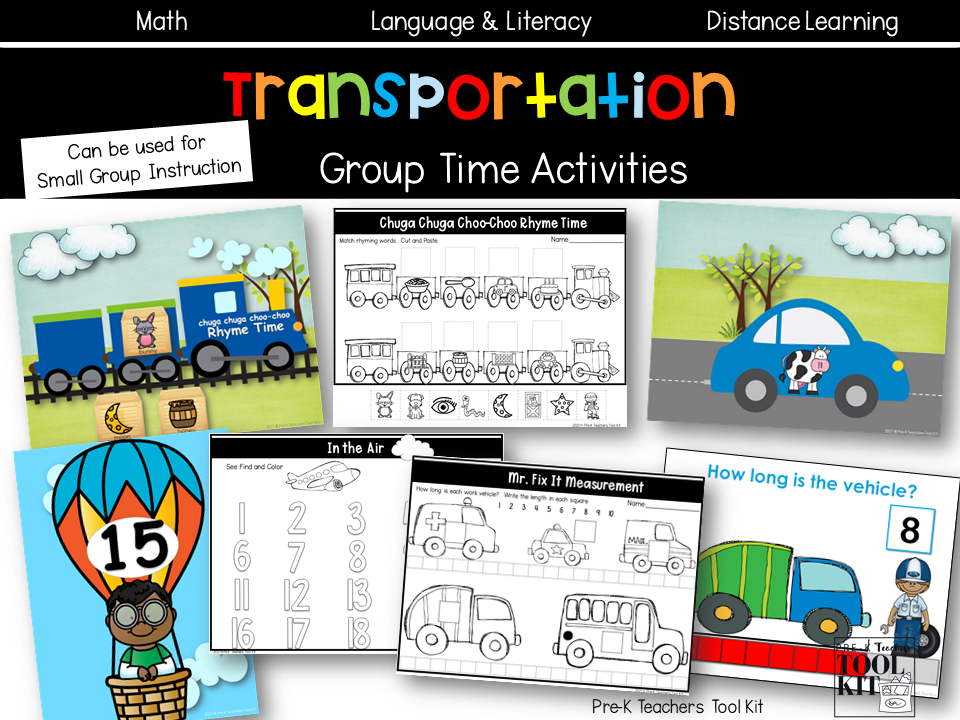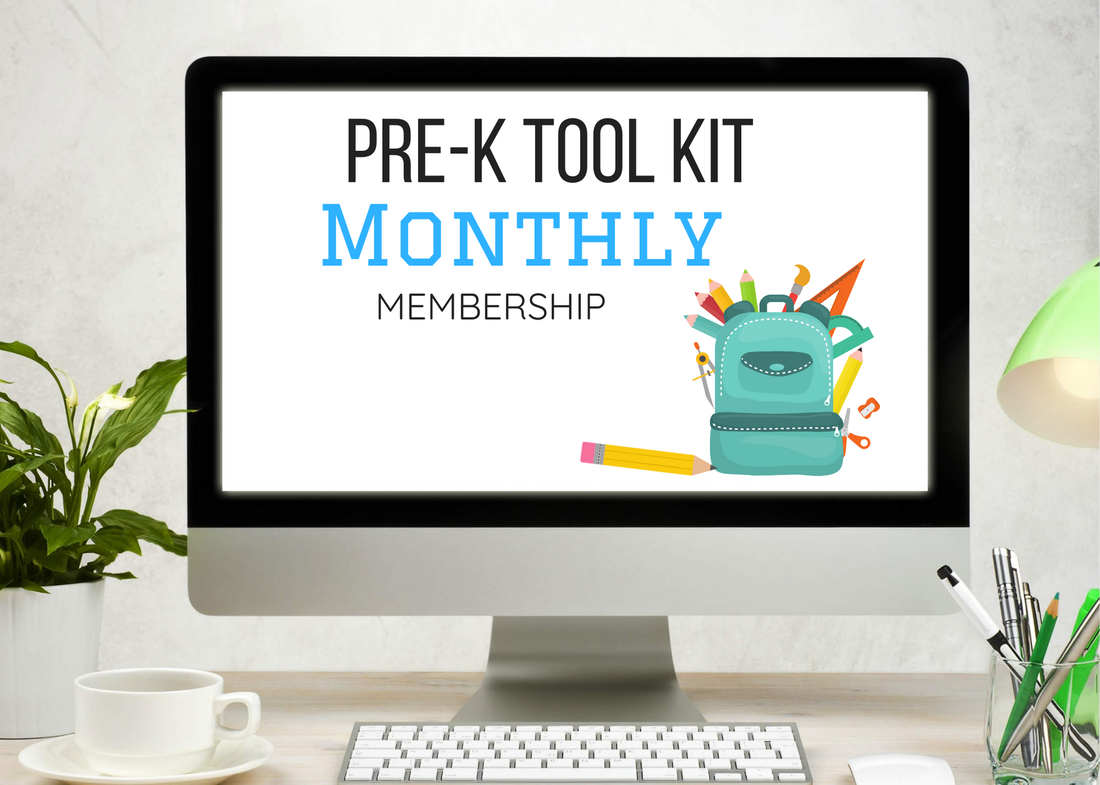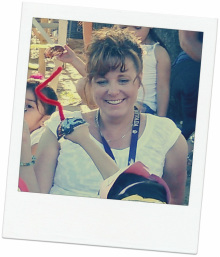Day NinePlay nourishes every aspect of children’s development –it forms the foundation of intellectual, social, physical, and emotional skills for success in school and in life. It paves the way for learning. Canadian Council of Learning As we keep reading about play disappearing from our early childhood classrooms due to the increased emphasis on academic and standards, teachers are struggling to ensure that needed balance. As teachers of young children we need to fight and advocate that children learn through play. Providing children with child- initiated free play and intentional play opportunities is an integral part of the early childhood learning space. When we are thinking about intentional play we are thinking about designing activities that reflect the child’s or children’s developmental stage. The activity is designed to encourage children to thinking deeper, to explore a new concept, to investigate what if, to solve problems that have been asked, and engage in observations and inquiry process. Now consider how the learning opportunities change on a daily and weekly bases. A child in the group went to a museum of dinosaurs. The following day they discovered that the sand table had been turned into an archaeological dig site. Measuring tapes, magnifying glasses, paint brushes, bones, clipboard with paper and field hat with vest. With intentionality teachers can create play that reinforces the skills needed to meet the demands of the standers. By being intentional about the play opportunities children can learn during their play, a win, win for everyone involved. Task: Think of an interest of a child or children in your group and design a learning activity that encourages the children to think, explore, investigate, solve problems and to share their learning with others. 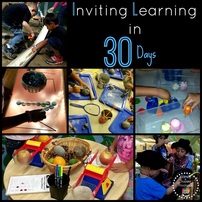
0 Comments
Leave a Reply. |
Welcome!I'm Tami Sanders creator of Learning and Teaching with Preschoolers, a blog to help teachers create magical moments for the young. Follow MeArchives
May 2024
|

